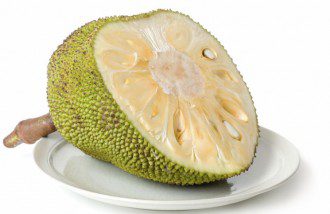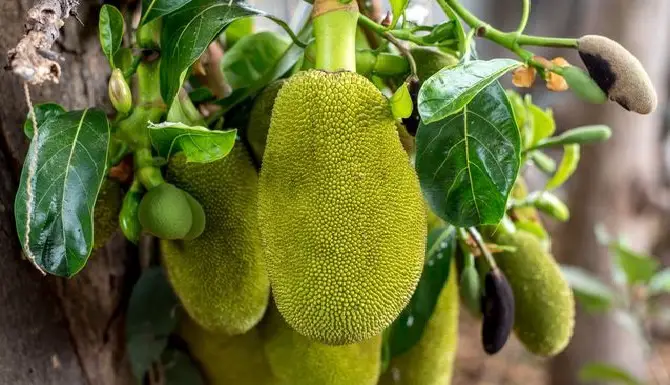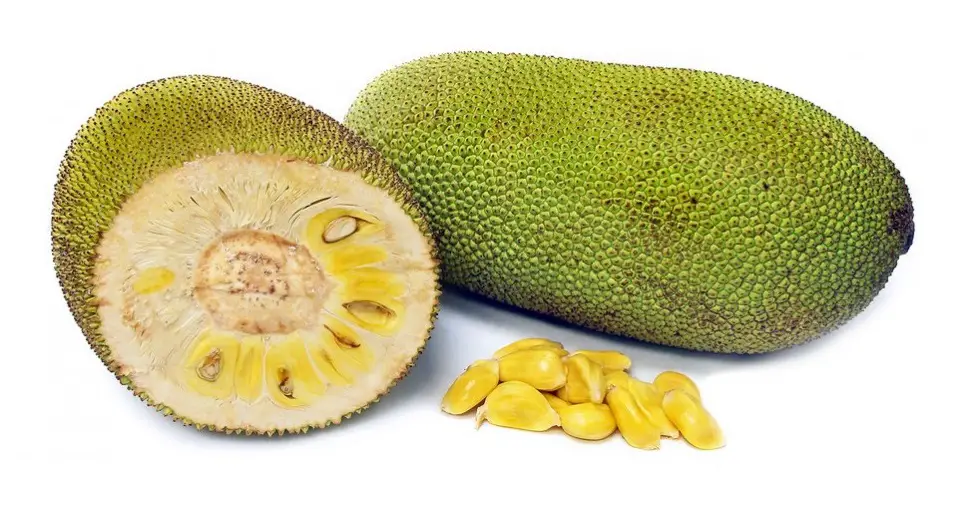Contributing writer for Wake Up World
Unlike the United States — where self-sufficiency and food security is persecuted — the government of Venezuela is pushing its population to grow urban gardens and raise chickens in response to severe food shortages. Venezuelan president Maduro himself produces everything his family eats with the help of 60 laying hens. While not considered a famine yet, the shortages are acute enough that malnutrition is a serious concern, especially in the case of children.
Venezuela is a prime location for both traditional and micro-farming due to broad areas of fertile land and appropriate growing climate. Even so, food shortages are still an increasingly unpleasant reality since the sheer quantity of edibles needed to feed the population outstrips the supply. Not to mention rising temperatures and unpredictable rainfall are already impacting global food production, as warned by the World Bank and United Nations. In the near future, lack of food security will be a very real threat for a great many countries. What’s happening in Venezuela is only the beginning.
In order to feed people — and properly nourish them as well — it’s crucial to grow crops that are versatile, hardy and nutrient dense. One foodstuff that fits the bill is jackfruit (Artocarpus heterophyllus), an up and coming ‘miracle’ food that could be a viable replacement for wheat, corn and other staple crops around the world.
A large, smelly fruit
Grown in southeast Asia and Brazil — and native to India — jackfruit is big and bumpy with a gummy interior and strong aroma of decay. For all that, it could also significantly help alleviate worldwide famine caused by changing climates. As the largest tree borne fruit, it can weigh upwards of 100lbs, although your average jackfruit is around 10-15lbs.
“It’s a miracle. It can provide so many nutrients and calories – everything,” said Shyamala Reddy, a biotechnology researcher at the University of Agriculture Sciences in Bangalore, India. “If you just eat 10 or 12 bulbs of this fruit, you don’t need food for another half a day.” [source]
The crop is also drought-resistant, survives pests and disease, and withstands high temperatures. “It achieves what farmers need in food production when facing a lot of challenges under climate change,” said Danielle Nierenbery, president of Food Tank, an organization that focuses on sustainable agriculture.
Nutritionally, the fruit is a powerhouse. The flesh is rich in vitamins A and C, B-complex, calcium, iron and potassium, while the edible seeds are a good source of protein. But jackfruit isn’t only nutritious, it’s also exceptionally versatile. In Sri Lanka and Vietnam, the fruit is already popular and added to curries, stir fry, juice, chips and ice cream. Many times, the seeds are dried and ground into a nutrient-dense flour which is then turned into noodles. And one forward-thinking company in the U.S. is taking advantage of the fruit as a nutritious, gluten-free substitute for meat.
A Versatile Substitute for Meat
The latest craze in vegan and vegetarian circles is using jackfruit as a convincing stand-in for meat. Raw and fully ripe, the fruit tastes similar to a cross between pineapple and mango. Yet when unripe, the texture and taste is vastly different. It’s also much more versatile as it can be shredded, seasoned and cooked for savory dishes. In “We tried the miracle fruit that some scientists say could end world hunger as ‘carnitas’ — and it was unreal,” writer Erin Brodwin used her partner as a guinea pig to taste test Bar-B-Que and Chili Lime Carnitas jackfruit by Upton’s Naturals. “It tastes like pulled pork” her partner declared. Brodwin adds, “It was surprisingly tasty – with a texture similar to pulled pork and a flavor that reminded me of a cross between hearts of palm, kimchi, and pineapple. It wasn’t really meaty, but it wasn’t fruity either.”
Yet the fruit isn’t always embraced. Take India. As one of the most highly populated countries in the world, and facing some of the harshest repercussions of rising temperatures, people have been slow on the uptake with jackfruit because it’s viewed as a “poor man’s fruit,” even though it was an important staple about 50 years ago.
“In the country of origin, it is just not understood,” said Shree Padre, a jackfruit farmer from Karnataka. “There is an inferiority attached to jackfruit. Any farmer would happily carry an imported apple in his hand rather than jackfruit.” [source]
Granted, the fruit can be unappealing due to its strong odor and a oozing, thick white sap. Even so, as global temperatures continue to climb, and crop failure becomes the norm, we may not have the luxury of rejecting jackfruit simply because we don’t care for the smell or social stigma.
Article sources:
- www.npr.org/sections/thesalt/2016/02/16/466942128/facing-severe-food-shortages-venezuela-pushes-urban-gardens
- www.theguardian.com/environment/2014/apr/23/jackfruit-miracle-crop-climate-change-food-security
- www.businessinsider.com/what-does-jackfruit-taste-like-2015-10
- www.nutrition-and-you.com/jackfruit.html
- www.uptonsnaturals.com/products/
About the author:
 Carolanne Wright enthusiastically believes if we want to see change in the world, we need to be the change. As a nutritionist, natural foods chef and wellness coach, Carolanne has encouraged others to embrace a healthy lifestyle of organic living, gratefulness and joyful orientation for over 13 years.
Carolanne Wright enthusiastically believes if we want to see change in the world, we need to be the change. As a nutritionist, natural foods chef and wellness coach, Carolanne has encouraged others to embrace a healthy lifestyle of organic living, gratefulness and joyful orientation for over 13 years.
Through her website Thrive-Living.net, she looks forward to connecting with other like-minded people from around the world who share a similar vision. You can also follow Carolanne on Facebook, Twitter and Pinterest.
Further reading from Carolanne Wright:
- The Most Eco-Friendly Nation on the Planet is Now Carbon Negative
- Plastic Waste in the Ocean Will Outnumber Fish by 2050
- Mind Control, Subliminal Messages and the Brainwashing of America
- Monsanto Charged with Crimes Against Nature and Humanity – Set to Stand Trial in 2016
- Plastic-Eating Mushroom Discovered in the Amazon Rainforest — A Solution for Our Trash Saturated World?
- Over 100 Scientific Studies Agree: Cannabis Annihilates Cancer
- Why Every Parent Should Consider Unschooling
- First U.S. City Produces More Electricity Than It Uses — With 100% Renewable Technology
- If You Care About Animals and the Earth, Here’s Why You Need to Boycott Palm Oil Immediately

If you've ever found value in our articles, we'd greatly appreciate your support by purchasing Mindful Meditation Techniques for Kids - A Practical Guide for Adults to Empower Kids with the Gift of Inner Peace and Resilience for Life.
In the spirit of mindfulness, we encourage you to choose the paperback version. Delve into its pages away from screen glare and notifications, allowing yourself to fully immerse in the transformative practices within. The physical book enriches the learning process and serves as a tangible commitment to mindfulness, easily shared among family and friends.
Over the past few years, Wake Up World has faced significant online censorship, impacting our financial ability to stay online. Instead of soliciting donations, we're exploring win-win solutions with our readers to remain financially viable. Moving into book publishing, we hope to secure ongoing funds to continue our mission. With over 8,500 articles published in the past 13 years, we are committed to keeping our content free and accessible to everyone, without resorting to a paywall.









